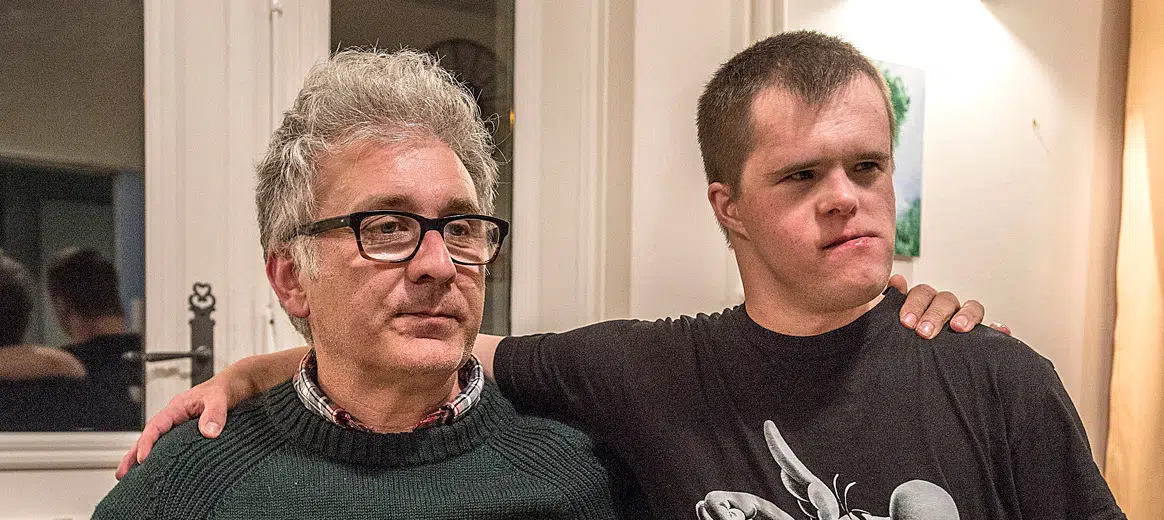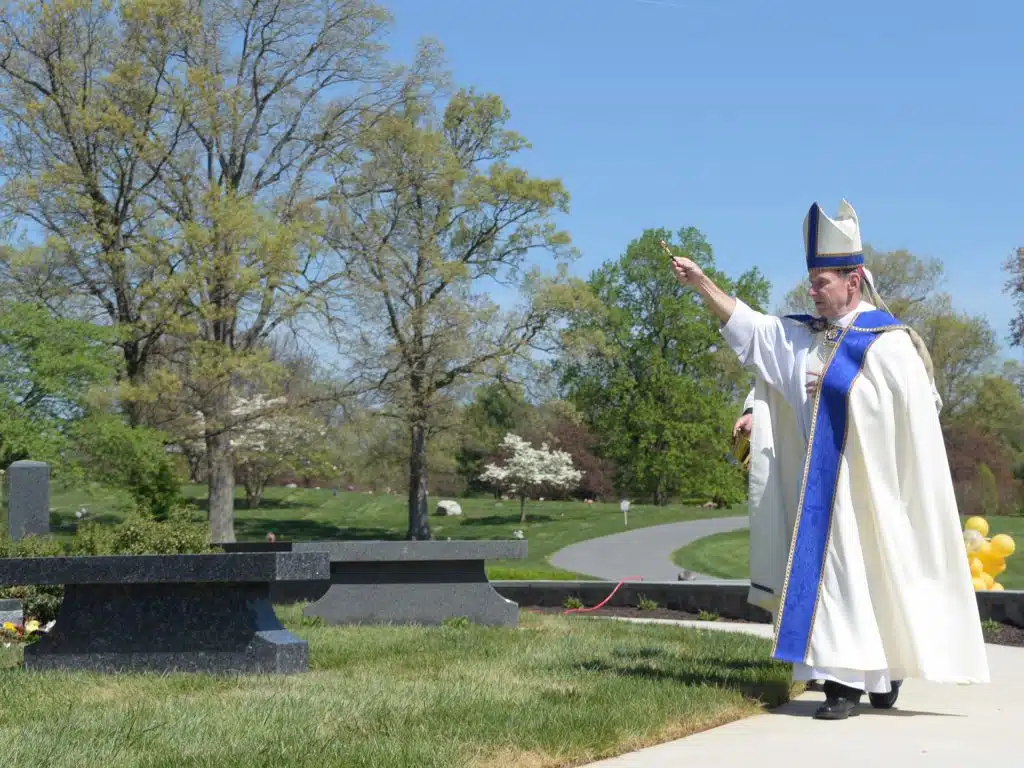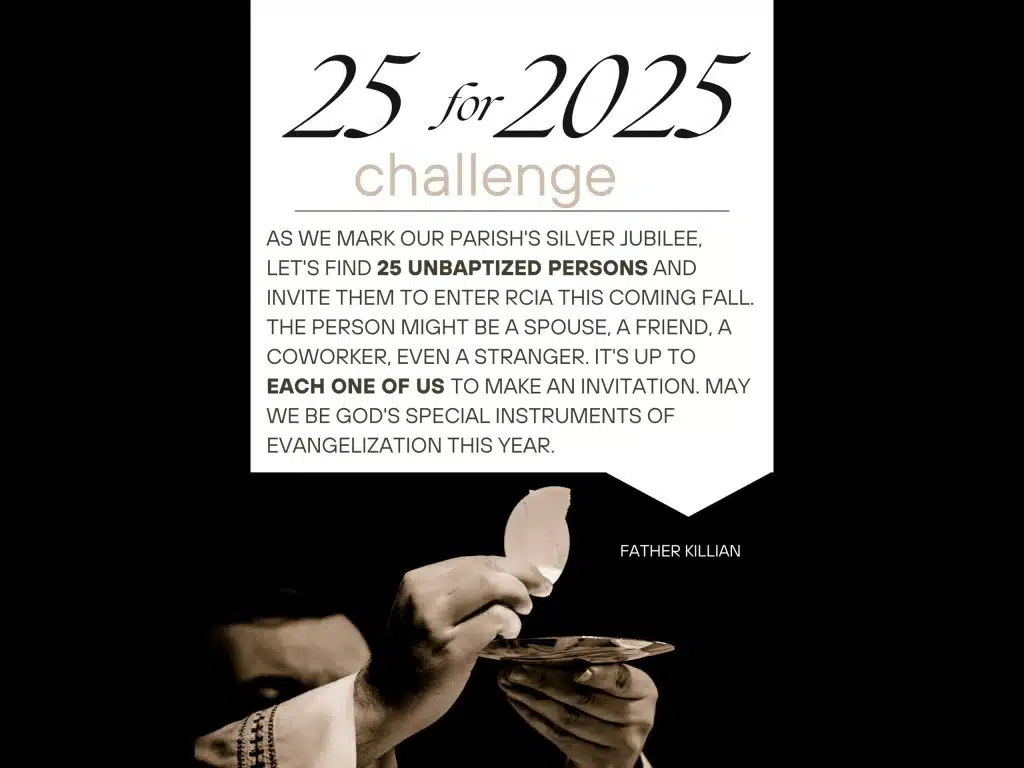A desire to explore his feelings on his experience with a great
aunt who had an intellectual disability, Randall Wright, a director of more
than 20 major documentaries, made “Summer in the Forest,” about the L’Arche
community founded by Jean Vanier in 1964.
Vanier saw the harsh treatment of individuals with intellectual
disabilities at asylums. He invited two of the residents to live with him to
begin the L’Arche community to bring together people with and without
intellectual disabilities to live together and support each other.
Because Wright’s aunt wasn’t included in the family, he “assumed
there must be some danger around her or some sort of problem.”
“I had always been frightened of people with mental handicaps,”
he said. “About 10 years ago, I decided to investigate her and investigate
these feelings. I thought they might be an interesting basis for a film, but I
had no idea what that film would be.”
The film was endorsed by Pope Francis, who sent a personal note
to the producers. “His Holiness Pope Francis wishes to affirm his warm support
of all initiatives to foster and integrate at the heart of our societies the
mentally disabled.”
Wright was introduced to Vanier’s work while filming a
documentary on Sister of Notre Dame de Namur Wendy Beckett, a television art
critic in the United States and abroad. Other coincidences brought things
together. A friend managed one of the L’Arche communities, le Val Fleury in
Trosley-Breuil, France. “We had access to my friend’s expertise and then out of
the blue Vanier came to London,” said Wright. “He’s a very fascinating person
so I wanted to find out more about his ideas.”
The documentary was filmed at L’Arche communities in France and
in Bethlehem. It follows a handful of members. Wright said he didn’t pick the
specific members.
“It’s more that they chose themselves,” he said. “They were
people that were ready to reveal things about themselves. Bit by bit it became
obvious who they were. All the stories are told by the people themselves in
unexpected, unusual ways. There’s no commentary other than the thoughts of
Vanier.”
Wright said filming took about nine months. He first spent time
staying in the community before bringing the film crew.
“We went in thinking we were being super sensitive. The thing
that was extraordinary was that immediately as we stepped through the door we
were trusted,” said Wright. “The people there wanted to be our friends. The
difficulty more was were we willing to be theirs?”
Wright is used to negotiating with people and getting their trust
to do certain things. This experience was different. “In this case, I couldn’t
really ask them to do anything. I couldn’t direct them, but what I could try to
do, I realized after a while, was to be their friend, and ask them if there’s
anything that they wanted to do that related to some of the things I was asking
of them.”
That tactic worked. “Bit by bit, I let go, gave in, allowed
myself to stop being a director and just accept whatever came along. In a way,
that is why it was such a long process. It took a little while for the really
personal experiences to manifest themselves.”
Wright said the film is the story of the pioneers of L’Arche.
“Vanier is the hub of the film. It’s his world and his ideas we
are looking at,” said Wright. “Michel, Patrick and Andre were among the men who
were the first generation with intellectual disabilities to emerge from what
were in effect prisons, really unpleasant institutions, hidden from society.
They gradually introduce us in the film to the younger generation.”
The film is about the older and younger generations finding their
security and their home but with different degrees of confidence, Wright said. “The
first generation is recovering from their awful experiences,” he said. “The
second generation is much more confident to lead their lives in the way they
wanted to do. They were much more confident to find someone to love. A lot of
the film has this as the theme.”
Wright found the experience healing and it had an impact on his
faith. “In one strong way it very much changed the way I see Jesus,” he said.
“I think the Jesus of the poor is not the Jesus I was taught about when I was
growing up.”
Wright learned from Vanier’s encouragement about going into the
place that is the dark side of ourselves and facing ourselves.
“We all need each other. We all need to accept who we actually
are and it’s this that is so extraordinary about L’Arche,” said Wright. “It’s a
place where you encounter the other but what you really are doing is
encountering yourself.”
If you go
See “Summer in the Forest” April 27-May 3 at West End
Cinema, 2301 M St. N.W., Washington. Go to summerintheforest.com.



